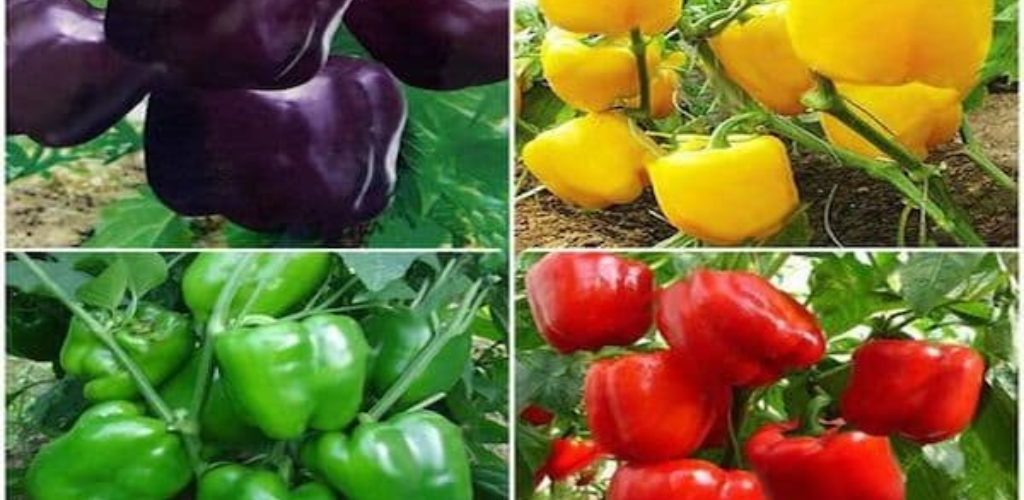12 Secrets to Growing Peppers in Your Garden
Peppers are one of the most popular and versatile garden crops. Whether you prefer them sweet, spicy, red, yellow or green, growing peppers in your garden can be a rewarding experience. However, to get a bountiful and tasty harvest, there are a few growing secrets you should know. Here are 12 tips for successfully growing peppers in your garden.
1. Choose the right location
Peppers love the sun. Make sure to plant your peppers in a sunny location where they will receive at least 6 to 8 hours of direct sunlight per day. Well-draining soil is also essential to prevent roots from rotting.
2. Prepare the ground
Enrich your soil with compost or well-rotted manure to improve soil structure and provide essential nutrients to peppers. The soil should be slightly acidic, with a pH between 6.0 and 6.8.
3. Start with seedlings or seeds
You can choose to grow your peppers from seed or purchase established plants. If you opt for seeds, start sowing them indoors about 8 to 10 weeks before the last frost is expected.
4. Harden off the plants
Before planting your pepper plants outdoors, be sure to harden them off by gradually exposing them to the outdoors for about a week. This will help the plants adapt to outdoor conditions.
5. Proper Spacing
When planting, respect a spacing of approximately 45 to 60 cm between each pepper plant to allow optimal growth. Also be sure to space them properly from other crops to avoid competition for nutrients and light.
6. Regular watering
Peppers need regular watering to avoid water stress. Keep the soil evenly moist, but avoid making it soggy, which can cause root rot.
7. Feed your peppers
Provide your peppers with a balanced fertilizer rich in essential nutrients, such as nitrogen, phosphorus and potassium. Start fertilizing when the first flowers appear and continue throughout the growing season.
8. Prune the plants
Remove lower leaves touching the ground to prevent disease and stimulate air circulation. You can also prune branches to encourage vertical growth and fruit production.
9. Support plants
Peppers can become heavy as they mature, which can cause branches to break. Use stakes or cages to support plants and their fruit.
10. Protect against pests
Watch for signs of pests such as aphids, whiteflies and caterpillars. Use biological control methods or natural insecticides to keep them away.
11. Be patient
Growth of peppers may be a little slower than other crops. Be patient, as peppers typically take 70 to 90 days to mature after pollination.
12. Harvest at the right time
When the peppers reach their desired size and color, harvest them by cutting them with scissors or a sharp knife to avoid damaging the plant. Peppers continue to ripen after harvest, so don’t wait until they become overripe on the plant.
Growing peppers in your garden can be a rewarding experience, as long as you follow these tips for a bountiful and flavorful harvest. With a little care and attention, you will soon be able to enjoy fresh, delicious peppers right from your garden.
